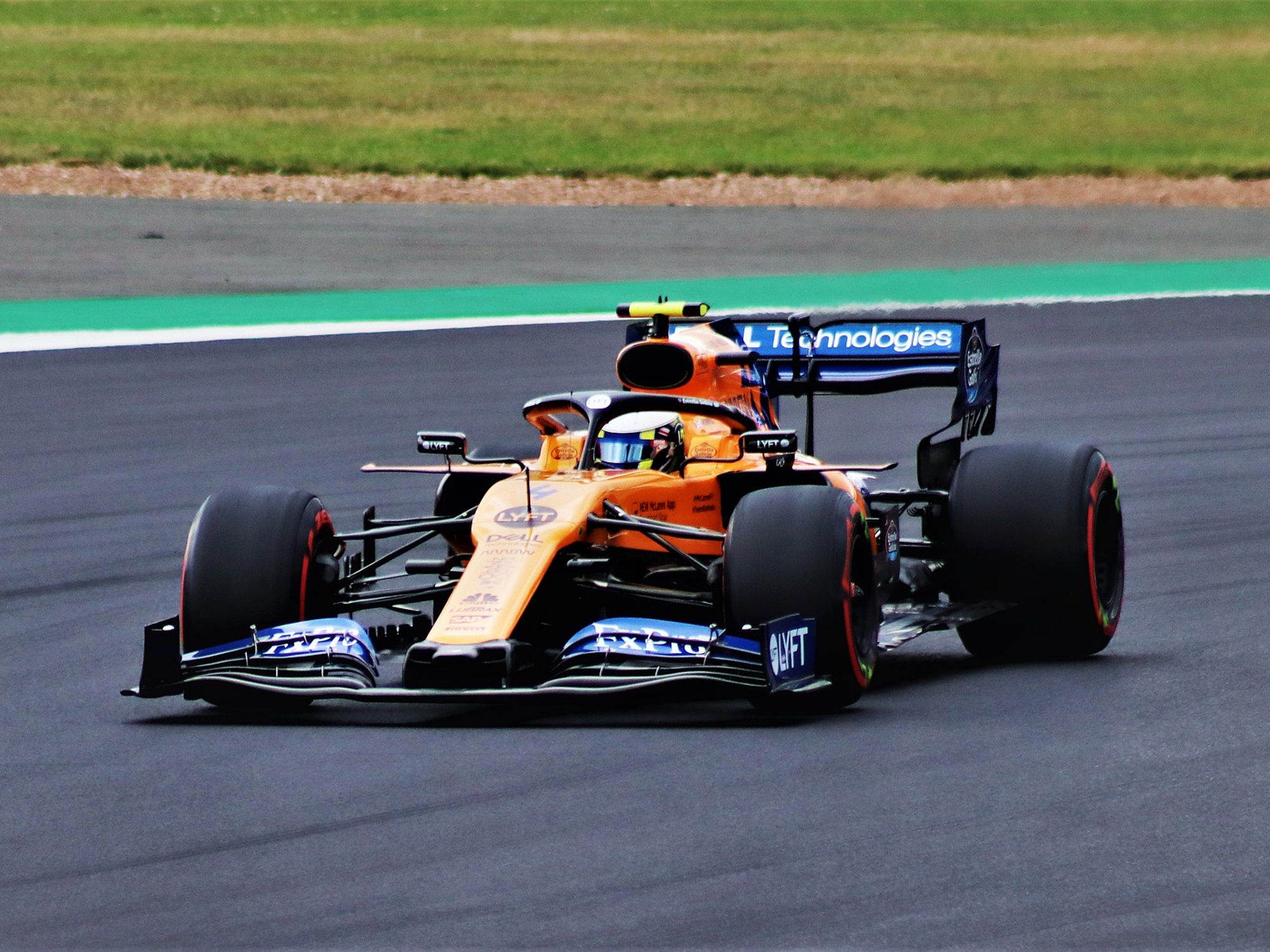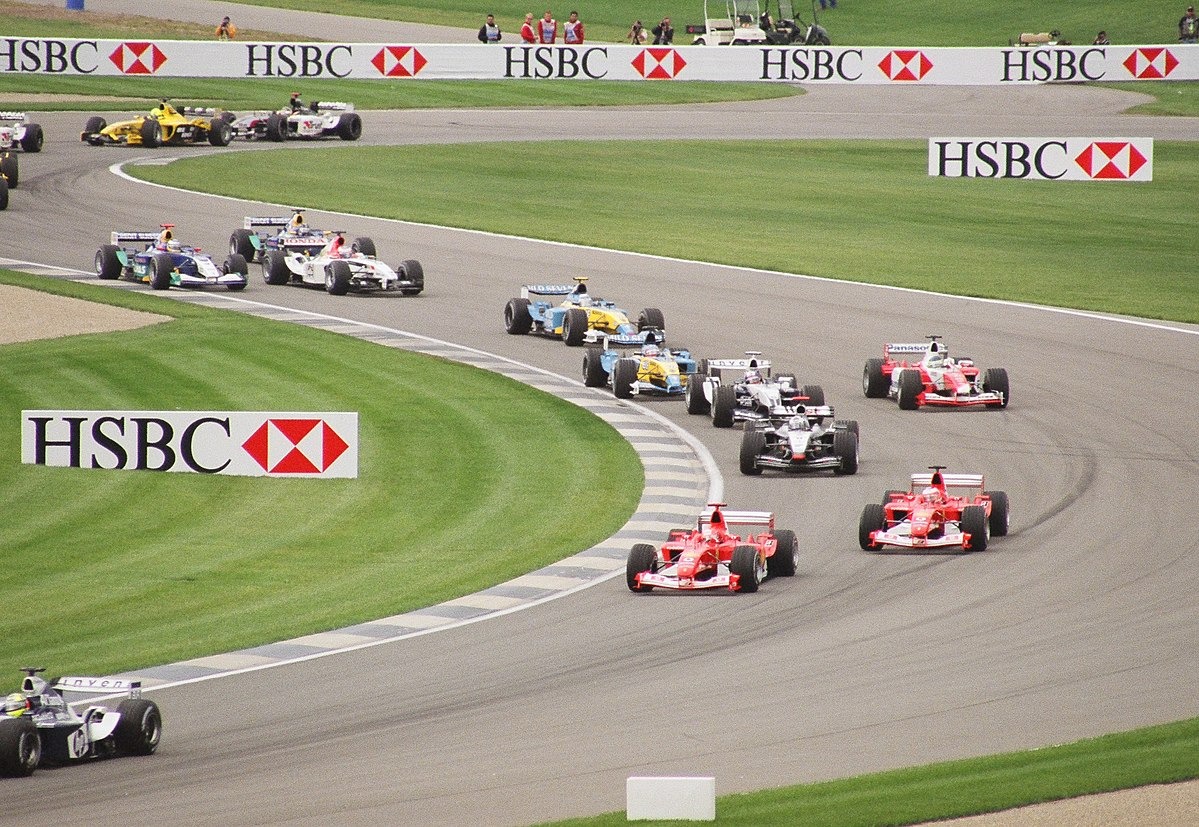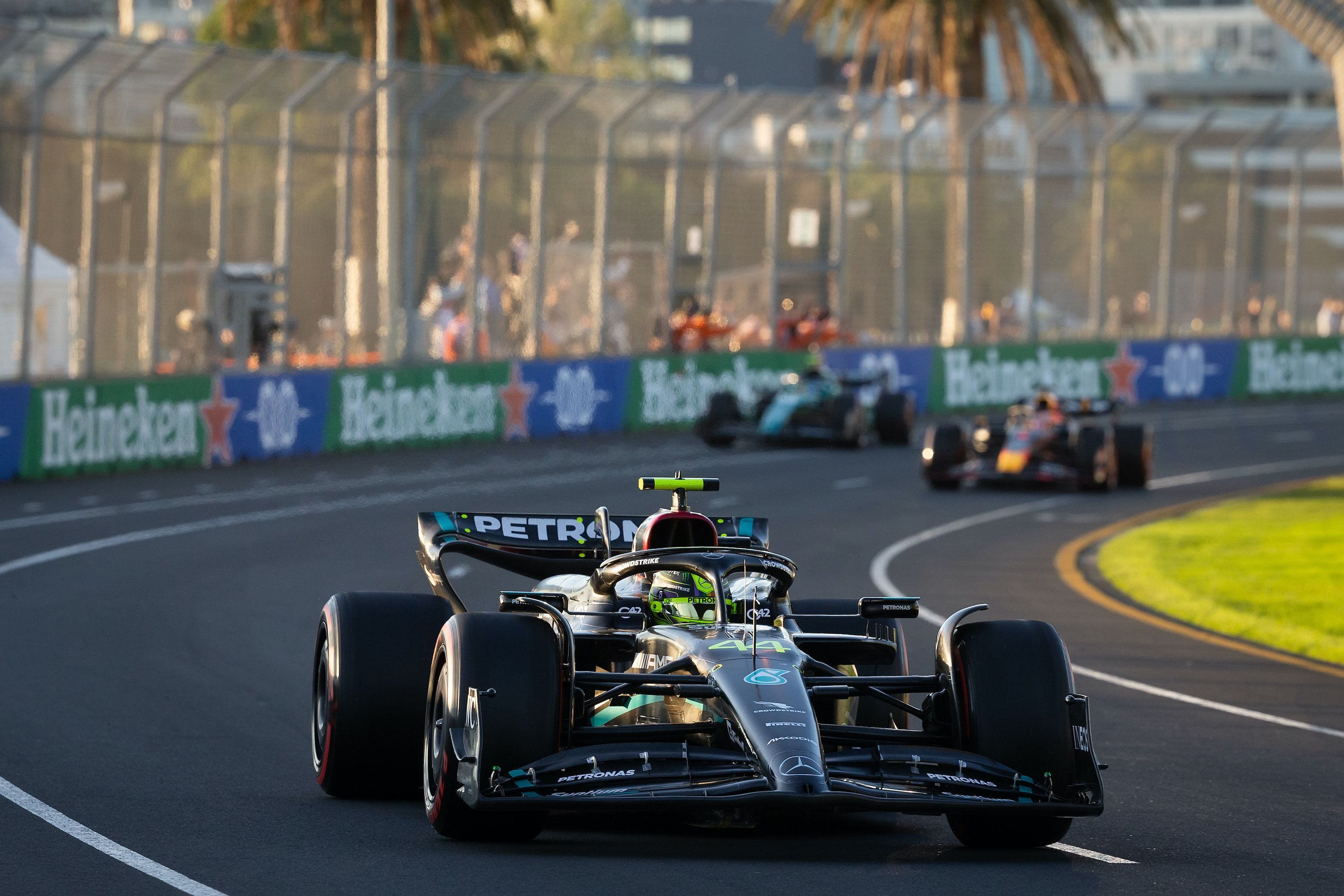
F1 race cars routinely exceed 200 miles per hour during Grand Prix races, which begs the question, “What engines do Formula 1 cars use?” If you expect to hear that F1 race cars use exotic V16 or V12 engines, you may be surprised to learn that they don’t even run with V8s. All F1 race cars have a power unit comprising a 1.6-liter V6 hybrid internal combustion engine (ICE) with two on-board electrical energy recovery units. Like almost everything in Formula 1, the engines teams can use in their race cars are strictly defined by the FIA F1 Rules and Regulations.
Why Formula 1 car engines matter

Formula 1 is considered the pinnacle of elite motorsports, which puts the organization in a powerful position to influence other competitive automotive groups. Also, in 2019, F1 committed to being carbon-net-zero by 2030. F1 race cars currently have hybrid gas and electric power units, but starting in 2026, all F1 cars will run on biofuel, a renewable energy source with significantly lower carbon emissions than petroleum-based fuels.
What engines do Formula 1 cars use today?

The current F1 engine specifications will continue through the 2025 Formula 1 Grand Prix Championship season. Today’s F1 race cars use a turbocharged 1,600 cc (1.6-liter) V6 hybrid internal combustion engine with a battery that stores electrical energy recovered from the drive train and the exhaust system. The turbocharged engine revs three to four times as high as conventional car engines and typically produces up to about 930 horsepower.
Formula 1 races are surprisingly light. Without any fuel, including the driver, an F1 car must weigh at least 1,759.29 pounds. In comparison, the lightest 2024 Honda Civic coupe weighs 2,600 pounds. F1 cars with so little that teams regularly must add ballast — as always, following rigid FIA F1 regulations — to bring the
The F1 race car’s light overall weight and high-revving high horsepower power unit answers the question of how fast Formula 1 cars really go.
How will F1 engines change in 2026?

Starting in 2026, F1 engines will use renewable biofuels, and the turbo-hybrid engine electrical energy recovery systems will be changed as well, with less horsepower from the engine and more horsepower than the battery than presently. The FIA has not published the specifics of the rule changes for cars, including engines, but the overall goals, in addition to continuing to promote sustainability, are to have
The first draft of the new FIA F1 Technical regulations is expected in June 2024, but expectations are the weight minimum will be roughly 100 pounds lighter overall. Wheel size is also likely to change from 18 inches to 16 inches.
Will F1 eventually be like Formula E, using all-electric engines?

The Formula E racing organization states that it has been “Net Zero from Day Zero.” FIA president Jean Toldt had the original idea for Formula E as a motorsport with all-electric vehicles. With F1’s commitment to sustainability, including a drive to continue improving the carbon cost of all aspects of F1 racing, it’s not a great leap to assume that eventually, Formula 1 will require solely battery-electric engines.



